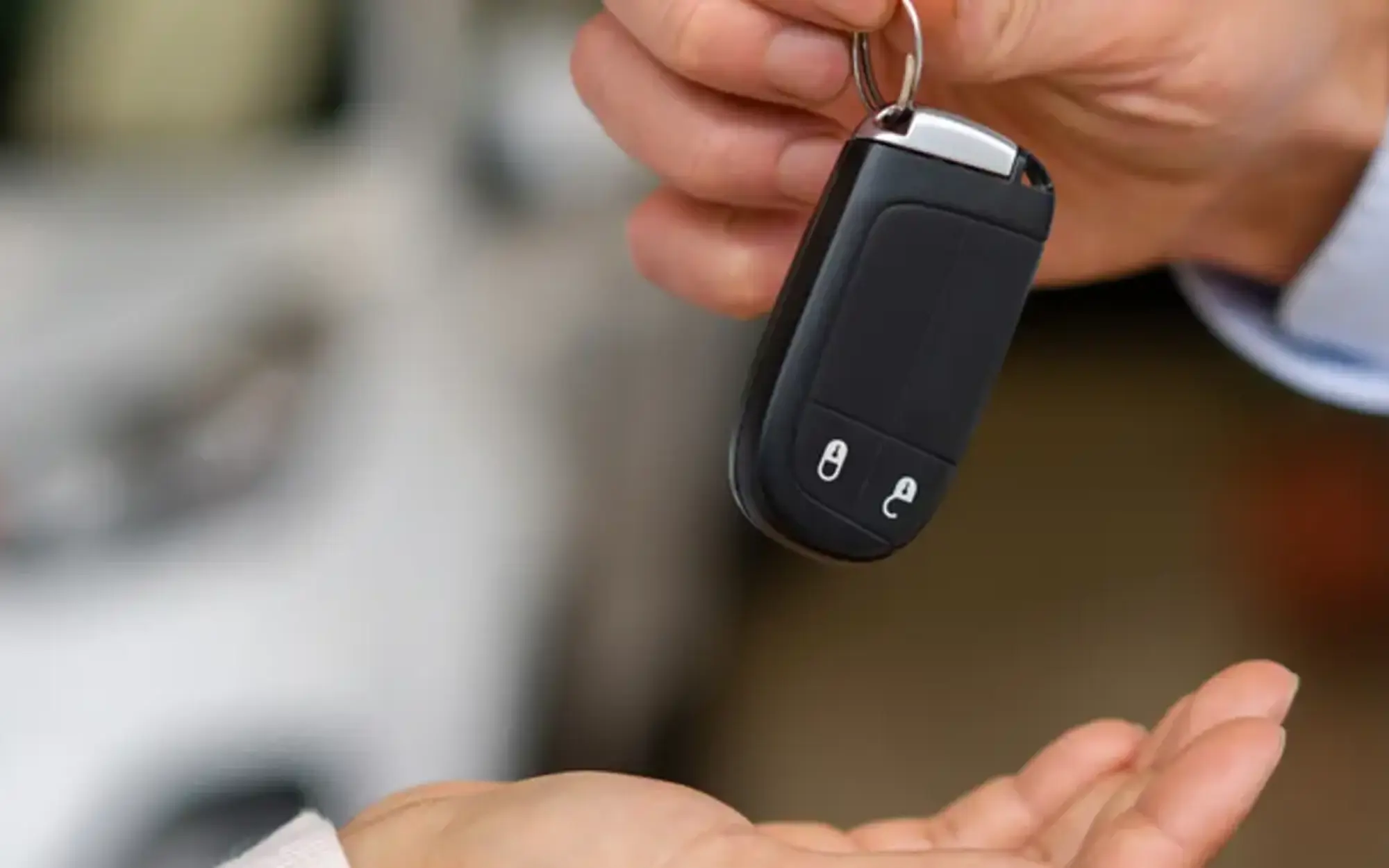
Company car tax guide 2023/24
Company cars are a popular benefit for employees, but they come with tax implications.
Company car tax guide 2023/24
Company cars are a popular benefit for employees, but they come with tax implications. Understanding how company car tax works can help you make an informed decision when selecting a vehicle. In this guide, we’ll explain how to calculate your company car tax, the key terms you need to know (like P11D value and BiK), and how choosing an electric vehicle (EV) can reduce your tax bill.
How does company car tax work?
If your employer provides you with a company car, you’ll pay a tax known as Benefit-in-Kind (BiK). This tax is applied to the personal use of the vehicle, which includes commuting, and is calculated based on the car's CO2 emissions, its P11D value, and your income tax band.
This tax ensures that the personal benefit of having a company car is taxed like part of your salary. Understanding the key factors that influence how much tax you’ll pay will help you budget and choose the most tax-efficient vehicle.
How to calculate company car tax
To calculate your company car tax, there are three key steps:
-
Determine your income tax band
Your income tax band depends on how much you earn annually. The higher your salary, the more tax you will pay on your company car. Below are the current tax bands in the UK:Tax band Income Tax rate (England/Wales) Basic rate Up to £50,270 20% Higher rate £50,271 to £125,140 40% Additional rate Over £125,140 45% -
Identify the P11D value of the car
The P11D value is the car's list price, including any extras or options (like upgraded features), and delivery charges, but excluding road tax or registration fees. This value is used to calculate the taxable portion of the car’s value. -
Apply the BiK percentage based on CO2 emissions
The BiK percentage rate is determined by the car’s CO2 emissions and, in the case of hybrid or electric vehicles, its electric-only range. The higher the emissions, the higher the BiK rate. For 2023/24, here are the BiK rates:CO2 emissions (g/km) Electric range (miles) BiK % 0 N/A 2% 1-50 130+ 2% 1-50 70-129 5% 1-50 40-69 8% 1-50 30-39 12% 1-50 Less than 30 14% 51-54 N/A 15% 55-59 N/A 16% 60-64 N/A 17% 65-69 N/A 18% 70-74 N/A 19% 75-79 N/A 20% 80-84 N/A 21% 85-89 N/A 22% 90-94 N/A 23% 95-99 N/A 24% 100-104 N/A 25% 105-109 N/A 26% 110-114 N/A 27% 115-119 N/A 28% 120-124 N/A 29% 125-129 N/A 30% 130+ N/A 31-37% -
Calculate your annual tax
Multiply the car’s P11D value by the BiK percentage rate to get the taxable value (or BiK value). Then multiply that by your income tax rate to calculate the total tax you’ll pay for the year.Example:
- P11D value: £30,000
- CO2 emissions: 100 g/km (BiK rate: 25%)
- Personal tax rate: 20%
Step 1: £30,000 (P11D) x 25% (BiK rate) = £7,500 (BiK value)
Step 2: £7,500 (BiK value) x 20% (income tax rate) = £1,500 annual tax payable.
By following these steps, you can estimate your company car tax for any given vehicle.
What is P11D value?
The P11D value of a company car is its officially recognised list price, including all optional extras and delivery charges. It does not include road tax or registration fees. This value is used to calculate your BiK tax and is the basis for working out how much company car tax you’ll pay.
What is BiK (Benefit in Kind)?
Benefit in Kind (BiK) refers to any perk or benefit you receive from your employer that is not part of your salary, such as a company car. The Government applies tax to this benefit based on the vehicle’s emissions and value, ensuring that the benefit is taxed as part of your overall income.
How much tax will I pay on my company car?
The amount of tax you pay depends on your income, the P11D value of the vehicle, and its BiK percentage rate, which is based on CO2 emissions.
These factors include how much you earn annually, the CO2 emission bracket of the vehicle, and the P11D value of the vehicle. If your company car is diesel and not compliant with RDE2 standards, a 4% surcharge will apply. However, if the vehicle is electric or runs on petrol, you may avoid this additional charge.
Tax benefits for electric and hybrid company cars
One of the best ways to reduce your company car tax is by choosing a zero-emission or low-emission vehicle. Electric vehicles (EVs) and plug-in hybrids (PHEVs) attract much lower BiK rates compared to petrol and diesel cars. For the 2023/24 tax year:
- Pure electric cars are taxed at just 2% BiK, which is frozen until 2025.
- Plug-in hybrid vehicles (PHEVs), depending on their electric-only range, are taxed between 2% and 14%.
This makes EVs and PHEVs attractive options for reducing your annual tax bill. For example, a fully electric car with a P11D value of £40,000 would result in a BiK value of just £800 (£40,000 x 2%). For a basic rate taxpayer, this results in just £160 in annual tax (£800 x 20%).
In contrast, a petrol vehicle with CO2 emissions of 120 g/km could attract a BiK rate of 29%, making the annual tax much higher.
Company car tax vs road tax (VED)
While Vehicle Excise Duty (VED), commonly known as road tax, also encourages greener driving, it only applies to the first year based on CO2 emissions. In subsequent years, a flat rate applies, so road tax is generally lower for EVs and hybrids, but it does not impact BiK rates.
Understanding how company car tax is calculated can save you money, especially when choosing a vehicle with lower CO2 emissions. Key factors like the P11D value, BiK percentage, and your income tax band all play a role in determining your tax bill. By opting for an electric or hybrid vehicle, you can significantly reduce your company car tax and enjoy a more eco-friendly commute.
Business Breakdown Cover
Keep your business moving
Pay monthly from £11.00 per vehicle – exclusive to the RAC
Tax FAQs
You’ll need to be as accurate as you can when you’re filling out your tax but there are things you can do that can help lower how much company car tax you’ll pay.
If you can choose your vehicle, choose a model with a cheaper RRP or one that is in a lower CO2 emissions bracket.
If you only have access to the vehicle within certain hours, or part-time, you’ll see a decrease in your tax amount. Also, if you contribute to the initial RRP cost of the vehicle it will bring down your overall fee.
Usually, it’s up to your employer to insure a company car. But if you own or lease the car in your name, then you’ll need to insure it yourself.
To calculate the company car tax, also known as benefit in kind (BIK) tax, multiply the P11D value by the BIK percentage banding, then multiply that figure by your tax band - i.e. 20% or 40%.




